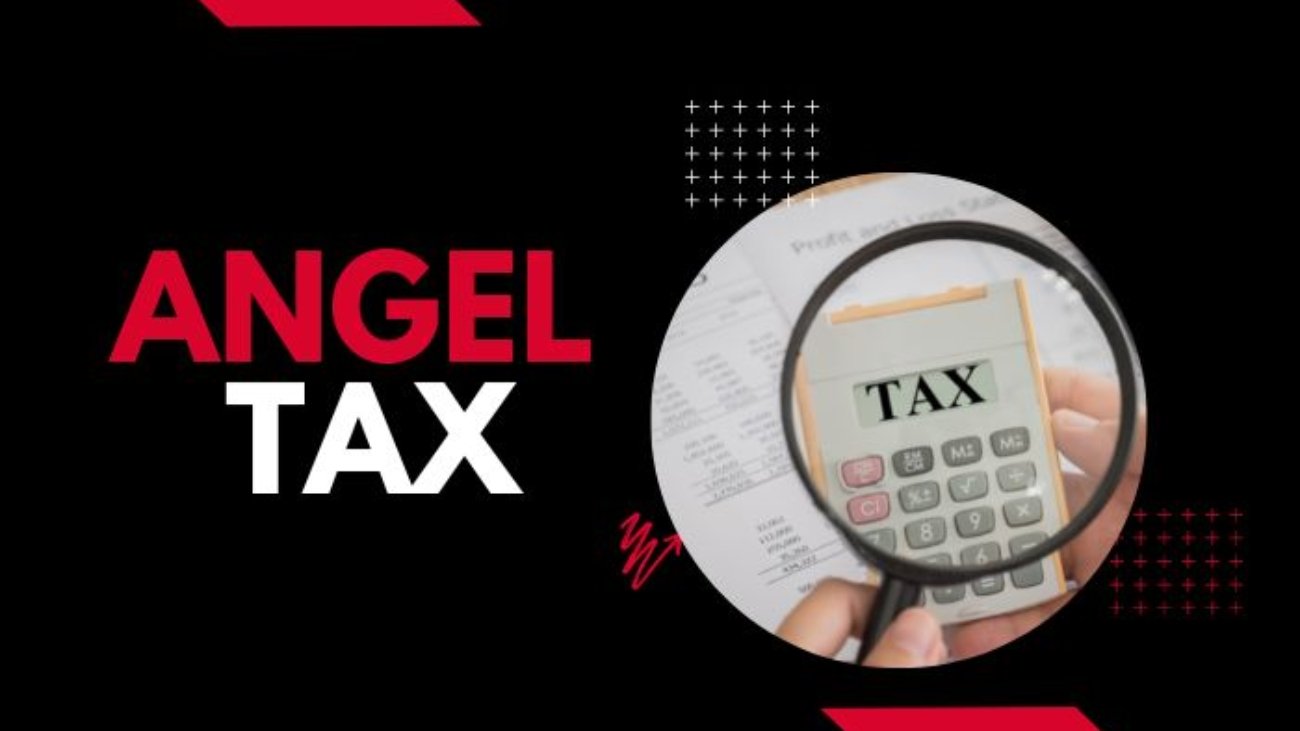The Angel Tax, which was introduced in the Union Budget of 2012, has been a major cause of concern for startups. The recently issued clarifications by the Department for Promotion of Industry and Internal Trade (DPIIT) Secretary have brought much needed relief to the startup community. In this article, let’s take a closer look at how these clarifications have resolved many of the startups’ fears about the Angel Tax.
What is the Angel Tax and Why Has it Been a Burden for Startups
The Angel Tax is a tax levied on the funds raised by startups from angel investors, venture capitalists and other external sources. It has been a major challenge for startups in India as it increases the cost of raising funds and discourages investors from investing in their businesses.
This article will explore the concept of Angel Tax and discuss why it has been a burden for startups in India. We will also look at some potential solutions to this issue and how they can help alleviate this burden.
How Has the DPIIT Secretary’s Clarifications Alleviated Stress for Indian Startups
The DPIIT Secretary’s recent clarifications on the definition of startups have been a great relief for Indian startups. The new definition has removed the ambiguity surrounding the criteria to qualify as a startup, and this has resulted in greater certainty for entrepreneurs and investors.
This clarification has also provided clarity on the various tax exemptions that are available to startups, helping them save costs and focus more on their core business activities. With these clarifications, Indian startups can now focus on innovating and scaling up their businesses without worrying about compliance issues.
Explanation of “Significant Economic Presence” & Its Impact on Startups
The concept of “Significant Economic Presence” (SEP) has been gaining traction in recent years in the business world. It is an important concept for startups to understand, as it can have a major impact on their operations. SEP refers to the presence of a company in a jurisdiction where it carries out economic activities, even if it does not have a physical presence there. This means that companies may be liable for taxes and other regulations even if they do not have any physical presence in that jurisdiction.
This has implications for startups, who may find themselves subject to taxation or other regulations without having any physical presence in that jurisdiction. It is therefore important for startups to understand the concept of SEP and its implications, so they can plan accordingly and prepare for any potential liabilities associated with it.
What are the Key Highlights of the Finance Bill’s Provisions with Respect to Angel Tax?
The Finance Bill of 2021 has brought in a number of changes with respect to the Angel Tax. This article will discuss the key highlights of these provisions, which include increased exemptions for startups, reduced compliance burden and more. It will also provide an overview of how these changes are likely to impact angel investors and startups.
The Finance Bill of 2021 has brought in some major changes with respect to the Angel Tax. This article will discuss the key highlights of the bill’s provisions with respect to Angel Tax and its implications for startups. It will also provide an overview of how startups can benefit from these new provisions and what measures can be taken to ensure compliance.
Key Points
- According to Anurag Jain, the department’s secretary, startups that are registered with the Department for Promotion of Industry and Internal Trade are not covered.
- According to a senior government official, the Finance Bill’s “angel tax” provision will not have an effect on startups in India.
- Anurag Jain, the department’s secretary, stated at the IVCA Conclave that startups that are registered with the Department for Promotion of Industry and Internal Trade do not fall within the department’s jurisdiction.
- “Let me be extremely clear about one thing. Startups are little impacted by it, “During an event hosted by a lobbying organisation for the venture capital business, he addressed the attendees.
- According to him, there is a “clear provision” that excludes companies that have been approved by DPIIT from the scope of the plan. He also said that the procedure for startup approval is fairly straightforward and that any applicant will be approved immediately.
- The proposed regulatory changes in the Finance Bill through the modifications to Section 56(2) VII B of the Income Tax Act alarmed startups. It is also suggested to extend taxation to overseas investors, meaning that a company receiving funding from a foreign investor will also be required to pay income tax if the amount received exceeds the face value of the shares.
- Jain claimed that other concerns expressed by the venture investing industry have been presented to the Department of Revenue for examination without elaborating.
- He remarked that we must consider how to increase the flow of domestic money into start-ups and modern businesses.
- This has already changed, allowing long-term pension and insurance funds to invest in alternative investment funds, among other things.
- According to him, India would be a developed nation by 2047, and a conservative estimate has its economy at $30 trillion, making it the second largest in the world.
- Entrepreneurial firms, he added, offer the best solutions for all three. “Knowledge, sustainability, and innovation will drive growth,” he said.
- According to Jain, the financing for Indian startups fell in 2022 as a result of unfavourable geopolitical developments and macroeconomic challenges, while he emphasised that India is still in a relatively stronger position than other nations.

